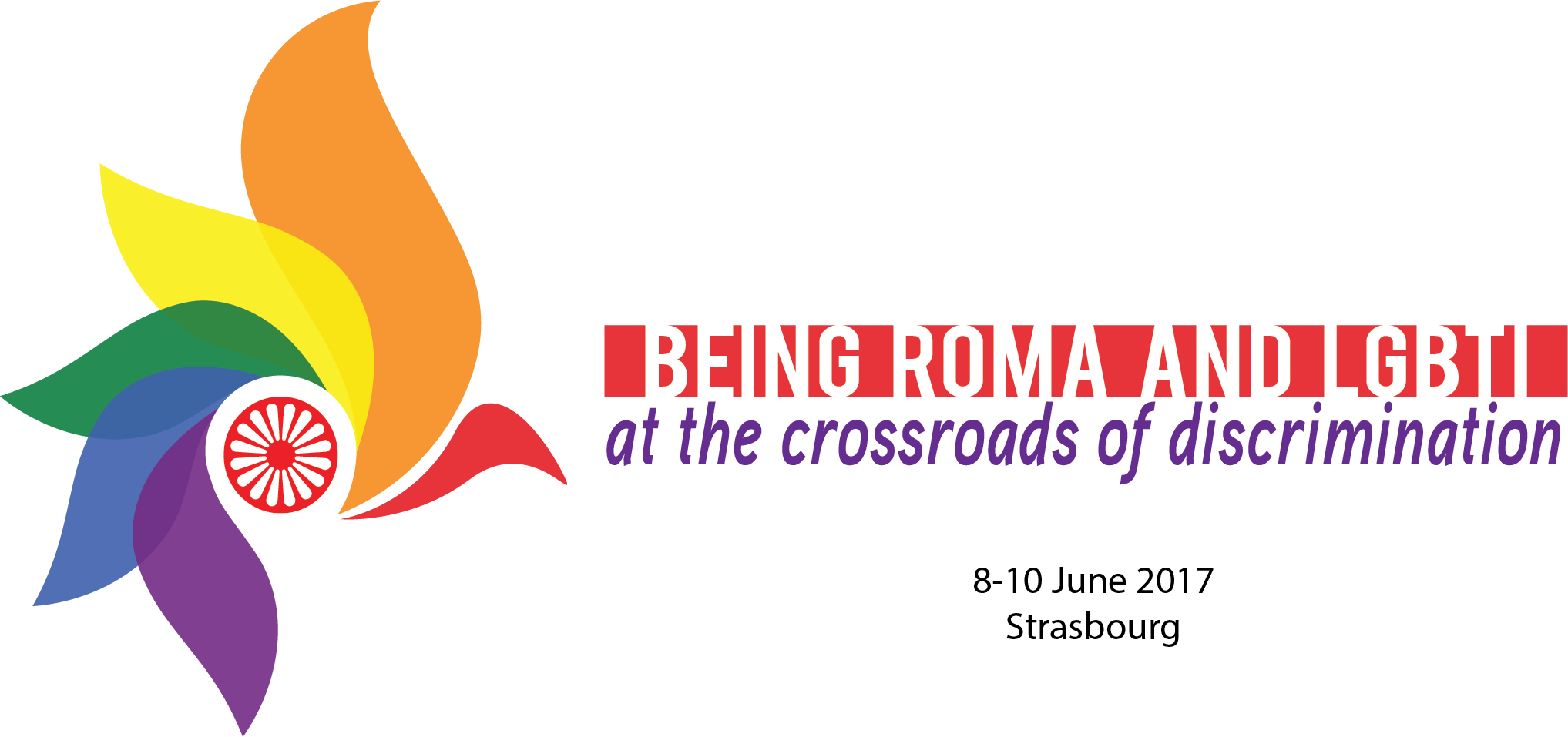Roma people are up against numerous challenges in their daily lives due to anti-Gypsyism, which raises barriers to their social inclusion, empowerment, employment, participation in policy decision-making processes and structures, both at national and European level.
Stigmatisation and exclusion are worsened for young women, disabled persons and LGBTI members of the Roma community, leading to an even more dire situation for these “minorities within minorities” exposed to multiple forms of discrimination. LGBTI persons in particular, including LGBTI youth, too often face rejection by their families and communities that disapprove of their sexual orientation or gender identity, and are faced with higher risks of violence and discrimination, be it at home, school, work or from the institutions. LGBTI persons have often been portrayed by the media as a threat to the nation, to religion, and to the traditional notions of gender and family. The invisibility and the public reprisals are even more pronounced in the case of Roma LGBTI.
Reversely, the LGBTI movement itself does not always prove inclusive and responsive enough to the needs of LGBTI persons belonging to ethnic minorities. As a consequence, many LGBTI individuals remain invisible and conceal their sexual orientation or gender identity. The stigma and the discrimination that Roma LGBTI youth and adults face, has a detrimental impact on their life chances. As a result, the cultural clash between sexual orientation and gender identity on the one hand, and Roma traditions and societal expectations governing gender roles on the other, place LGBTI Roma persons at the crossroads of discrimination.
THE EVENT
Building on these transversal Council of Europe initiatives, the Sexual Orientation and Gender Identity Unit(SOGI), the Support Team of the Special Representative of the Secretary General for Roma Issues (SRSG) and the Youth Department are organising a 3 day event in Strasbourg, France, on 8-10 June 2017 which includes:
- A full day Training session on 8 June 2017 at the Council of Europe Youth Centre between 9.30 a.m and 5.30 p.m., including the preparation of the Conference‘s thematic workshops;
- The conference “Being Roma and LGBTI : at the crossroads of discrimination “ on 9 June 2017, held at the Council of Europe Agora building, Room G02, from 9.00 a.m. to 6.00 p.m., with the presence and involvement of representatives of the CoE institutions and bodies, other regional organisations, NGOs and activities;
- Festigays activities on 10 June 2017, to which participants are invited to participate at the “Village associatif” and the Pride parade in the framework of the Awareness week against homophobia and transphobia in Strasbourg (Semaine des Visibilités pour lutter contre l’homophobie et la transphobie).
Follow this link for more information: Council of Europe
The Romani Cultural and Arts Company is not responsible for the content of external Internet sites.

